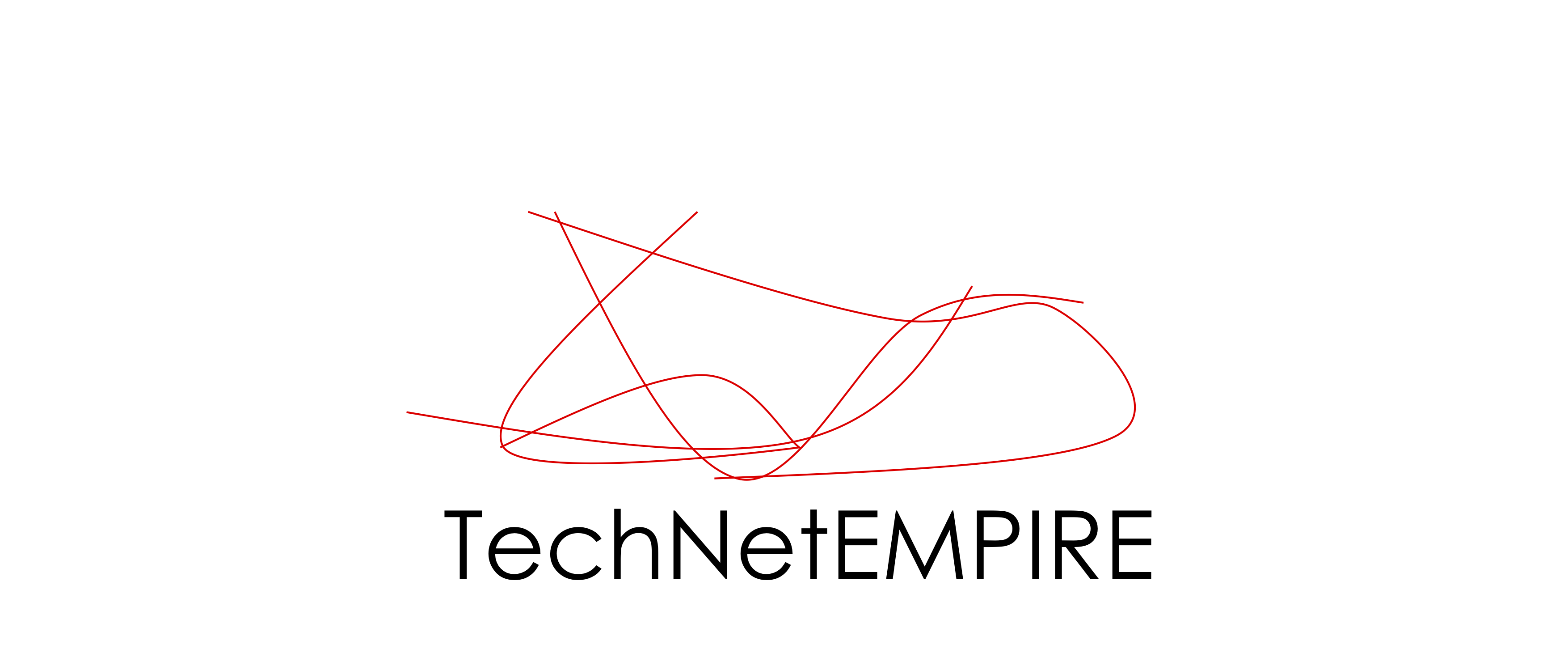TECHNOSCIENTIFIC NETWORKS IN THE CONSTRUCTION OF THE BUILT ENVIRONMENT IN THE PORTUGUESE EMPIRE (1647-1871)
After the restoration of independence, the Aula de Fortificação e Arquitectura Militar (Fortification and Military Architecture Class) was created in Lisbon, in 1647. Several classes and schools appeared in Portugal and in its overseas territories, in a cycle that would end in 1871 when the Escola Mathemática e Militar (Mathematical and Military School) in Goa was closed.
Based in two major bibliographical sources from the nineteenth century that have never been updated and that are still considered essential resources, “Historia dos Estabelecimentos Scientificos Litterarios e Artisticos de Portugal nos Sucessivos Reinados da Monarquia” (1871), by José Silvestre Ribeiro and “Dicionário Histórico e Documental dos Arquitectos, Engenheiros e Construtores Portugueses” (1899), by Francisco Sousa Viterbo, this project will update these works conceptually and methodologically. Our aim is to look to the agents of the colonial “dispositif” experts and institutions – throughout time and space in order to understand how they created and shaped technoscience networks across the Portuguese Empire. It is also important to understand how these networks have changed (or not) throughout time and different geographies.
This project was concluded and got to its end in September 2022, nevertheless, this page will be updated in the next months and maintained as a memory of the work.
GOALS
Following the flow of knowledge over time and observing the patterns and the responsible agents for the dissemination and circulation of technoscience, we will be looking to an increasingly global world. It is also important to consider the role of Portugal and the Portuguese Empire in this change and transformation process in an increasingly interconnected world. The enlarged geographical dimension of the expansion entailed a pragmatic mechanism of deployment and training of agents who were early adopted for military engineers.
This basic premise of the Portuguese school of military engineering, which developed simultaneously in various parts of the globe, has long been recognized. However, the effective perception of all the internal relationships between agents and their training methods in each location is yet to be made. The intention of the project is to fill that gap updating information concerning the behaviour and training of these agents over time, but above all, creating an effective relational database where this information can be processed and analyzed qualitatively and quantitatively in their various aspects.
One of the goals of the project is to develop and provide an open-access online platform that on the one hand aims to support academic research and on the other hand to serve the community through an online tool that gathers and acts as a mediator of information, which is part of the collective cultural heritage.
PTDC/ART-DAQ/31959/2017
